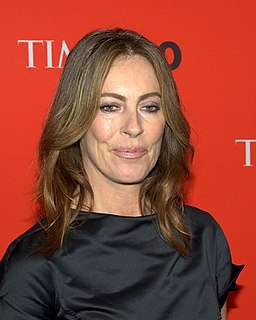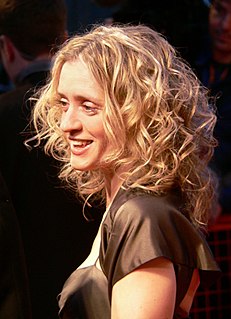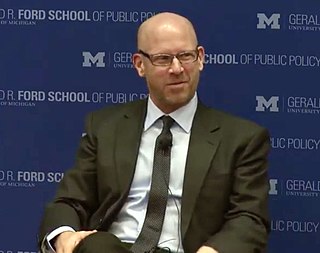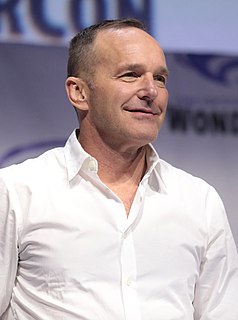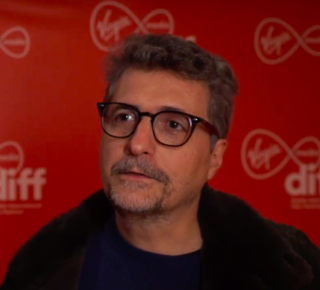A Quote by Kathryn Bigelow
I think violence in a cinematic context can be, if handled in a certain way, very seductive.
Related Quotes
I'm really interested in violence. And I think there's an inevitably cinematic property that violence brings to the moviegoing experience. But one still has to be thoughtful and mature about how you depict it and how you think it through. You have to think about the effects that violence has on audiences, and it's deployed so casually that I think it's losing its meaning. And when things like violence and murder and the dehumanization of other people lose their meaning, then we're really kind of in a place where we have to reexamine and take a hard look at ourselves.
Non-violence is a very powerful weapon. Most people don't understand the power of non-violence and tend to be amazed by the whole idea. Those who have been involved in bringing about change and see the difference between violence and non-violence are firmly committed to a lifetime of non-violence, not because it is easy or because it is cowardly, but because it is an effective and very powerful way.
There is a land problem in Zimbabwe, there is a need land for redistribution but it must be handled different, without violence, without conflict, within the context of the law, bearing in mind the interests of all Zimbabweans both black and white. It's necessary that the Zimbabwean government to respond positively to those sorts of messages.
Mental illness is a real thing. It has real material consequences for people who suffer from it and at the time even the most biological finding reflects social context in very important ways, and so I think psychiatry is better off looking both at biology and at social context and really trying to think of the relationship between these and I think doctors and patients are better off that way.
There's always changes in the way they do that in the cinematic universe. I think, with the S.H.I.E.L.D. 2.0, you're seeing some of the first ripples of those different points of view on what S.H.I.E.L.D. should be when it's rebuilt. I'm very, very curious to know which side Coulson will end up on in that struggle.
When you write a scene where somebody is afraid of something you instantly go to decades of genre cinema: horror, suspense, and thrillers. Those are very cinematic genres, when you shoot a close-up of someone and you can see fear in the person's face, or anticipation, or some kind of anxiety, it's a very cinematic image.
